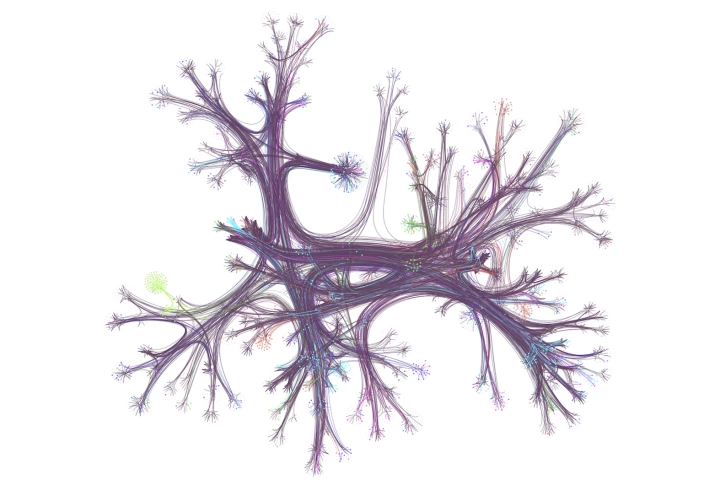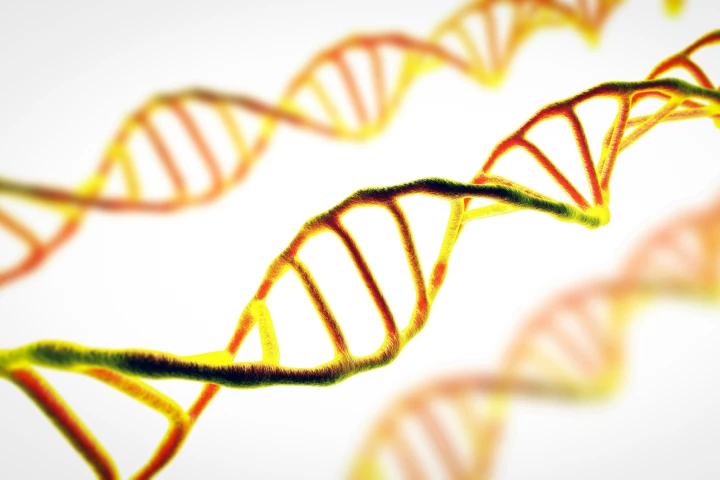University of Pennsylvania
-
The fungus thought to have claimed the lives of several excavators at Tutankhamun's burial site has had an image makeover, with scientists discovering that it holds potent cancer-fighting properties. It opens the door to new fungi-based medicines.
-
Looking beyond jabs, sprays or tablets, scientists are thinking outside the box for delivering antiviral medication to prevent the spread of highly transmissible bugs. Their secret weapon? Chewing gum – but one made from a rather fascinating bean.
-
In seeking new antibiotic sources, researchers have turned to an unlikely source: a whiffy frog known as Odorrana andersonii. By unclumping a compound it produces naturally, they've found a potential gut-friendly ally in the fight against superbugs.
-
A 2022 study found drinking four units of alcohol a day – two beers – can cause structural damage and brain volume loss equivalent to 10 years of aging. The findings proved to be the tip of the iceberg for researchers looking at how alcohol affects our brain.
-
The search behaviors of nearly 500,000 people from 50 countries has shed new light on how mood, gender, education, culture and where we live influences how we sate our curiosity and seek knowledge. So we ask: Are you a hunter, busybody or a dancer?
-
New research uncovering the DNA-damaging mechanism by which a mutated gene causes a rare, fatal disease may have repercussions for the treatment of many other diseases linked to aging, including heart disease, autoimmune disorders, and cancer.
-
Fish oil supplements containing omega-3 have long been touted as good for heart health. A new study has found they also reduce aggression. Researchers say the safe, common supplements should be used everywhere from the playground to the prison system.
-
Could ADHD have evolved in human populations to enhance a tribe's chances of successful foraging? A new study put this novel hypothesis to the test, recruiting several hundred people to play a specially made game measuring their foraging skills.
-
Almost 25 years since scientists first identified a difference in anesthetic sensitivity in males and females, a new study reveals how sex hormones make men more responsive to going and staying under. Yet dosage is still decided on by a patient's size.
-
A study has found that treatment with a ‘chemical chaperone’ reduced the accumulation of protein plaques and restored cognitive functioning in mouse models of Alzheimer’s, which could lead to novel treatments to help treat the debilitating disease.
-
For the first time, scientists have identified how going to bed stressed fires up certain brain cells at the wrong time in the sleep cycle to significantly interrupt it – and that suppressing this activity can ensure 'business as usual' slumber.
-
A study has uncovered how the commonly used local anesthetic drug lidocaine exerts an anti-cancer effect in head and neck cancers. Given its low cost and ready availability, the drug could easily be incorporated into treatment.
Load More











